The Alchemy of Treason: The Lost Book 5
In the land of ice and monsters, there is nothing mundane about treachery. Eternal consequences flow from mundane actions.

In book 5 of Peter Nealen's The Lost series, Conor McCall, of the clan McCall, must come to grips not only with the abominations of the Outer Darkness, but also with the consequences of mundane human treachery, sifting the guilty from the innocent.
Of course, in the land of ice and monsters, there is nothing mundane about treachery. Eternal consequences flow from mundane actions. In this way, the setting that Nealen has created for his military portal fantasy adventure is very much like our own. Of course, there are also sorcerers using human sacrifice and necromancy to call horrors from beyond the veil.
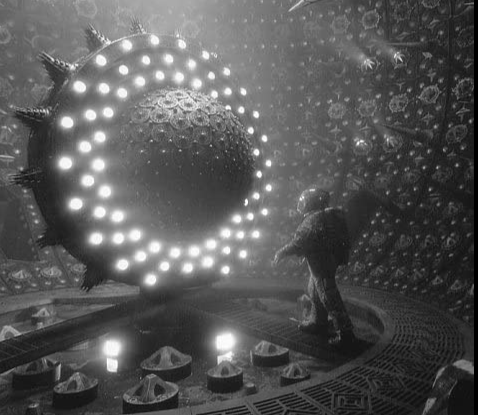
On the surface, the Aztec ritual/Event Horizon aesthetics of the setting make it seem unlike the world in which we live. Yet, even here, only a small shift in perspective is necessary to see our world as more like than unlike.
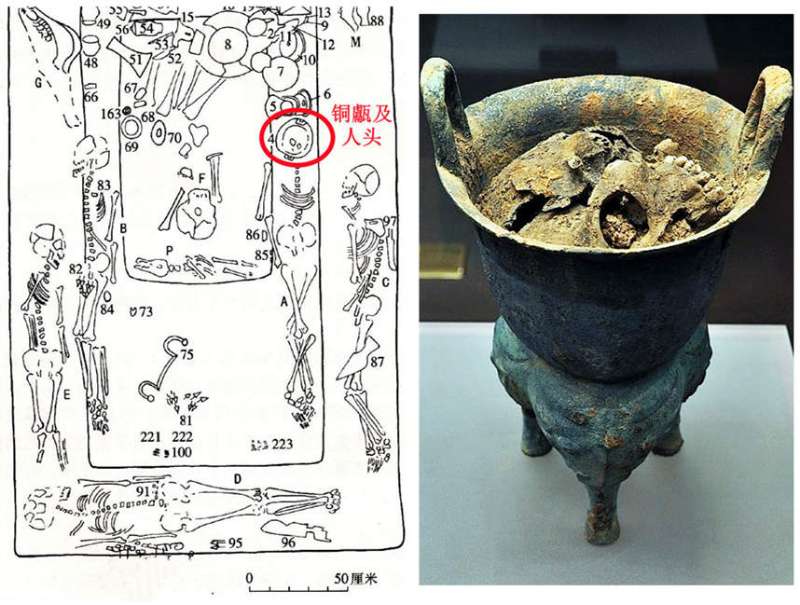
For example, take Shang dynasty China. It has been known for some time that human sacrifice was practiced during this period, but in the recent book Revelation, Chinese historian Li Shuo argues that human sacrifice was as central to the Shang culture as it was to the fifteenth century Aztecs.
In “Revelation,” Li sets aside the conventions of academic writing, relying on the archaeological record to reconstruct scenes of large-scale sacrifice in vivid, chilling detail. “For the Shang, the killing of qiang during the gathering ceremony was not only a way to appease the gods, but also a spiritual ‘feast’ for the crowd,” he writes. “Many human sacrifice pits show signs of torture. When the number of human offerings was insufficient, their killers would ramp up the suffering, delaying their deaths and allowing them to struggle, wail, and curse.”
...
Wu: Some of the content in your book is brutal. What is it like to write about human sacrifice?
Li: It’s hard to bear. As I wrote in the afterword, “Revelation” was “a journey of unrelieved horror, like walking alone through a wilderness of bones.” It’s not just the horror of facing the abyss of history; in writing it, I realized that human nature remains essentially unchanged. My takeaway from researching Shang sacrificial pit sites is that human beings sometimes like to see other humans suffer.
"Walking alone through a wilderness of bones" is a phrase that could easily have been written by Nealen to describe one of his horrific locales, but it was instead uttered by an academic historian who was simply appalled by human nature.
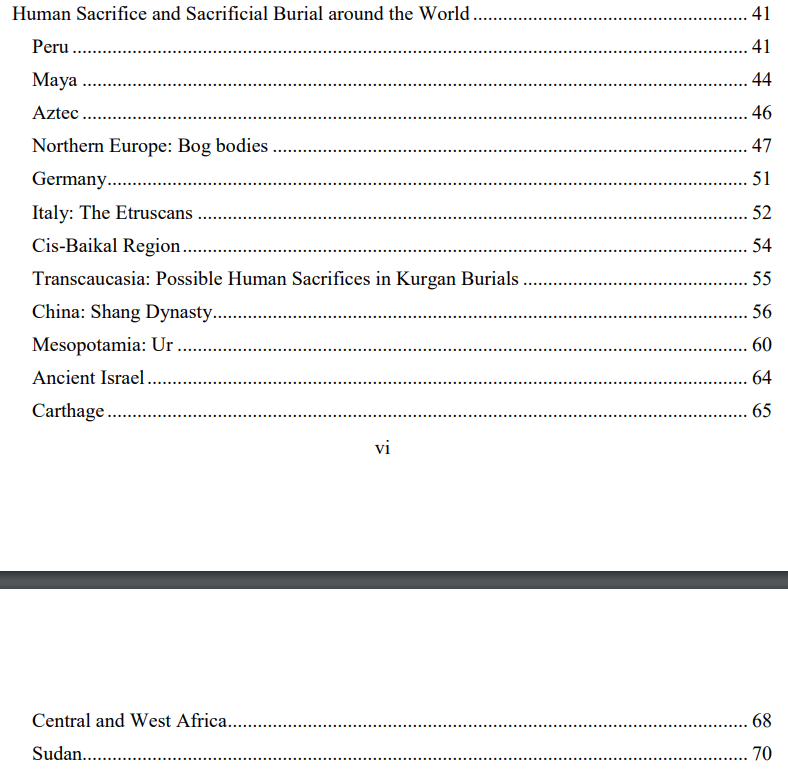
Rather than being an isolated aberration, the things that Nealen has written of in this book may be something more like the basal state of human cultures, a condition into which we can easily collapse when cultural safeguards are removed. Writers of fantastical fiction have been surprisingly good at intuiting what this is like.
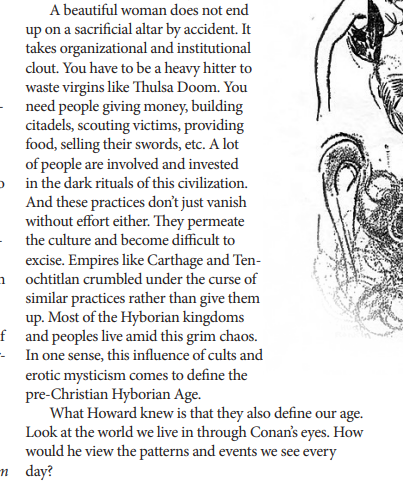
Alexander Palacio recently wrote of Robert E. Howard's genius for this:
Powerful cults funded by the elite, using the gutter castes as their agents, operate freely throughout Hyborian civilization. Sorcerers and witches employ terrifying, often sexual, practices and rituals to gain power in public and in private, exploiting temple maidens and virgin sacrifices and summoning monsters.
Something very much like the terrifying land of ice and monsters is always awaiting us, and if the world gets sufficiently messed up, it will re-appear. I'm not going to suggest that Peter Nealen's book is a how-to manual for what to do when the old gods awaken, but I will say that fantastical escapism may not actually be that fantastical.

I will suggest that the most practical lesson that we can learn from Conor's adventures is that those who fight for justice are never truly alone, and that help is available, to those who ask.
Buy The Alchemy of Treason on Amazon
With Both Hands Classics | My other book reviews | Reading Log
Mini-reviews
The Lost
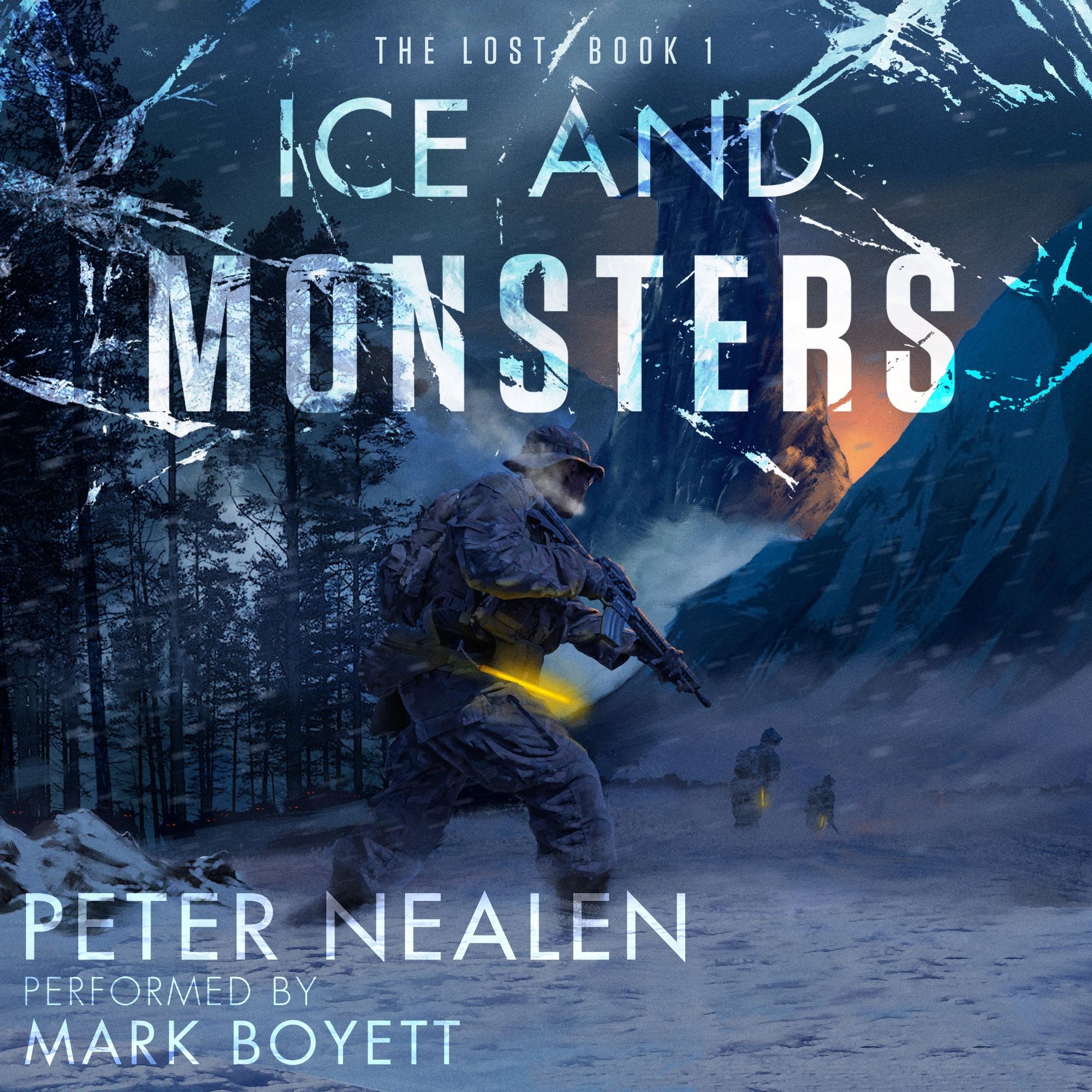
Links


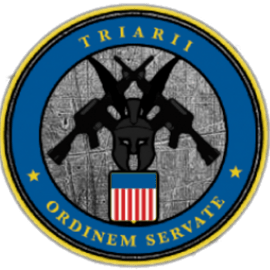
Comments ()